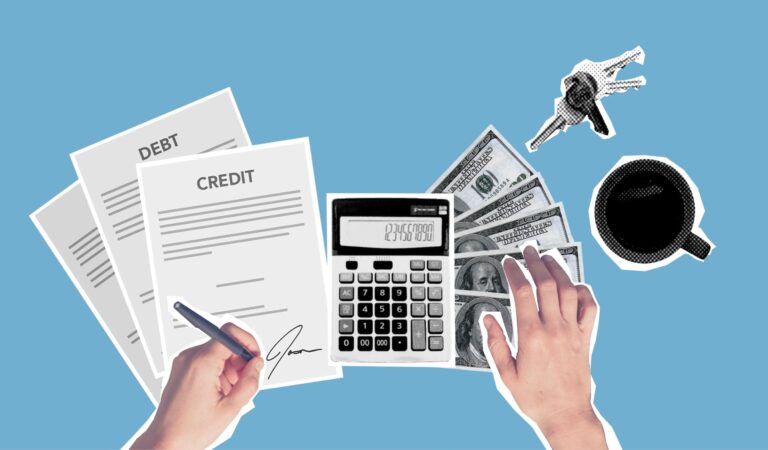The financial world is buzzing with talk of digital assets. Cryptocurrencies, tokens, and NFTs are everywhere, but one question looms large: Are these digital assets securities? The answer has significant implications for investors, developers, and regulators. Let’s dive into this complex issue with a clear, engaging exploration.
Defining Digital Assets
Digital assets are any assets that exist in a digital form. This category includes cryptocurrencies like Bitcoin and Ethereum, utility tokens used for specific applications, and non-fungible tokens (NFTs) representing unique digital items. These assets leverage blockchain technology for transparency, security, and decentralization. But their diverse nature complicates their classification.
The Importance of Classification
Why does it matter if a digital asset is classified as a security? Securities are subject to stringent regulations designed to protect investors. These regulations include disclosure requirements, registration with regulatory bodies like the SEC, and compliance with various laws. If a digital asset is deemed a security, its issuers and traders must adhere to these rules, impacting how these assets are developed and traded.
The Howey Test
The primary tool used to determine if an asset is a security in the U.S. is the Howey Test. Established by a 1946 Supreme Court case, the test assesses whether a transaction qualifies as an “investment contract.” According to the Howey Test, an asset is a security if it involves:
- An investment of money
- In a common enterprise
- With an expectation of profits
- Derived from the efforts of others
Many digital assets, particularly initial coin offerings (ICOs), have been scrutinized under this test.
Cryptocurrencies: Security or Not?
Bitcoin, the pioneer of digital assets, is generally not considered a security. It’s viewed as a decentralized currency, with no central authority controlling its issuance or value. Ethereum, despite its ICO origins, is also not classified as a security by the SEC due to its decentralized nature and use as a platform for decentralized applications (dApps).
However, not all cryptocurrencies escape the security label. For example, Ripple’s XRP has faced legal battles over whether it should be classified as a security, with the SEC arguing that its distribution and promotion by Ripple Labs constitute an investment contract.
Utility Tokens
Utility tokens are digital assets that provide access to a specific product or service within a blockchain ecosystem. They differ from securities because they are not primarily intended as investments. Instead, they serve a functional purpose. However, if these tokens are marketed or sold with the promise of profit, they can fall into security territory. This dual potential makes utility tokens particularly tricky to classify.
Security Tokens
Some digital assets are explicitly designed to be securities. These security tokens represent ownership in an asset, such as shares in a company, real estate, or other investment vehicles. Security tokens are subject to federal securities laws, requiring registration and compliance. They offer transparency and liquidity, appealing to investors looking for regulated, secure investments in the digital space.
Non-Fungible Tokens (NFTs)
NFTs represent unique digital items, from art and music to virtual real estate. The uniqueness of each NFT distinguishes them from fungible assets like cryptocurrencies. Most NFTs are not considered securities because they are purchased primarily for their intrinsic value as unique items rather than for investment purposes. However, the SEC monitors the market closely, particularly where NFTs are marketed with promises of profit or investment potential.
Regulatory Challenges
The regulatory landscape for digital assets is constantly evolving. The SEC and other regulatory bodies worldwide are working to create frameworks that protect investors without stifling innovation. This balance is crucial, as overly stringent regulations could drive innovation away from regulated markets, while lax regulations could expose investors to significant risks.
Internationally, different countries approach digital asset regulation in various ways. Some, like Switzerland and Singapore, have embraced digital assets, creating favorable regulatory environments. Others, like China, have taken a more restrictive stance. The global nature of digital assets means that international regulatory cooperation will be essential for a coherent approach.
Investor Implications
For investors, understanding whether a digital asset is a security is crucial. Securities offer legal protections and regulatory oversight, but they also come with compliance costs and restrictions. Non-security digital assets, like cryptocurrencies and NFTs, offer more freedom but come with higher risks, including potential regulatory changes and market volatility.
Investors should perform thorough due diligence before investing in digital assets. This includes understanding the asset’s purpose, the team’s background, the project’s whitepaper, and the regulatory environment. Consulting with financial advisors knowledgeable about digital assets can also provide valuable insights and help mitigate risks.
Looking Ahead
The future of digital asset classification remains uncertain. As technology evolves and new digital assets emerge, regulators will continue refining their approaches. Staying informed about regulatory developments and understanding the principles behind security classification will be crucial for anyone involved in the digital asset space.
In conclusion, the question of whether a digital asset is a security is complex and evolving. The Howey Test provides a framework, but the unique nature of digital assets often defies easy classification. By staying informed and adapting to regulatory changes, investors and developers can navigate this dynamic landscape effectively. Embrace the future of digital assets with knowledge and confidence, and you’ll be well-equipped to thrive in this exciting financial frontier.





 GOOGL
GOOGL META
META
Leave a Comment